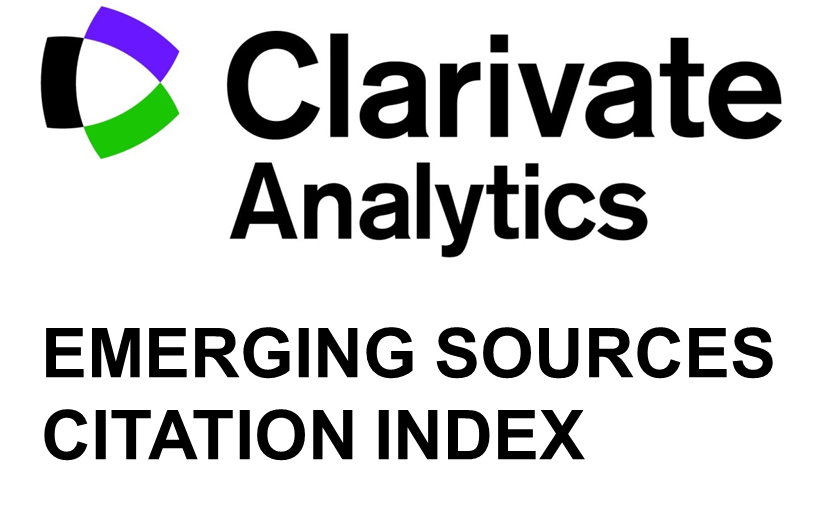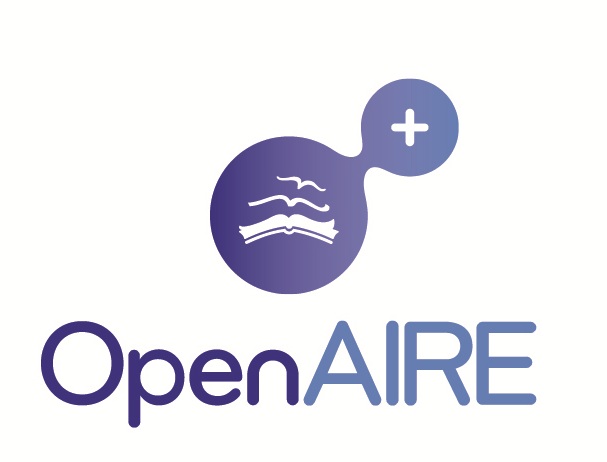Position Estimation Bias Analysis of a Multilateration System with a Reference Station Selection Technique
Abdulmalik Shehu Yaro, Ahmad Zuri Sha'ameri, Nidal Kamel
DOI: 10.15598/aeee.v16i3.2776
Abstract
Multilateration (MLAT) system estimates the position of an aircraft using Time Difference of Arrival (TDOA) measurements estimated at spatially located Ground Receiving Station (GRS) pairs with a lateration algorithm. The Position Estimation (PE) accuracy of an MLAT system depends on several factors, one of which is the choice of reference station used to generate the TDOA estimations for use with the lateration algorithm. Furthermore, the closed-form lateration algorithm is known to introduce bias in the PE process. Thus, a bias analysis and improvement in the PE accuracy of an MLAT system with a reference selection technique is presented in the paper. The analysis is carried out for a square GRS configuration with each GRS equipped with a receiver whose Time of Reception (TOR) error Standard Deviation (SD) is assumed 1 nsec. Monte Carlo simulation result of lateration algorithm with reference selection technique shows a reduction of at least 75% in both the overall PE Mean Square Error (MSE) and bias. Furthermore, the PE Root Mean Square Error (RMSE) obtained by the lateration algorithm is reduced by at least 50% out of which 36% of the reduced PE RMSE is contributed only by the TOR estimation error.






















